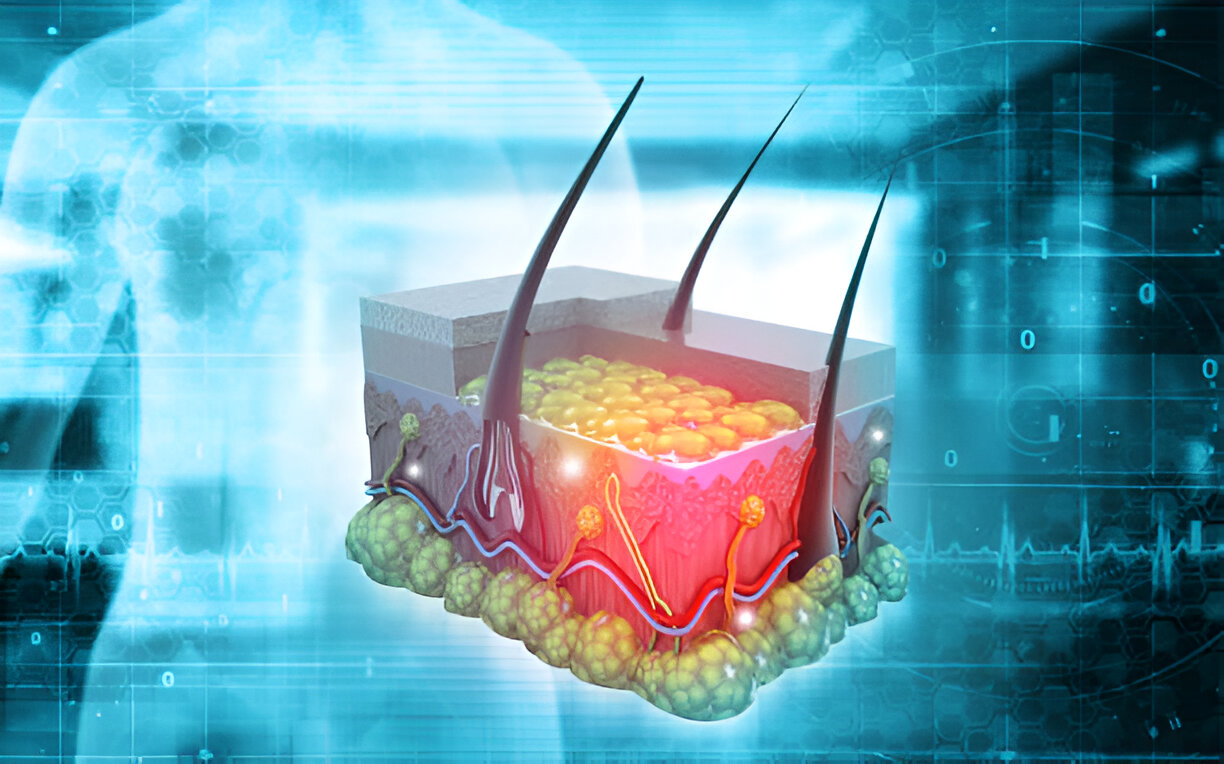Overview
Dermatology is a specialized branch of medicine focused on the diagnosis, treatment, and prevention of diseases and conditions affecting the skin, hair, nails, and mucous membranes. Dermatologists are medical doctors who have undergone extensive training to manage and treat a wide variety of dermatological issues, from common skin problems to complex systemic diseases that manifest in the skin.
Dermatologists treat a variety of common conditions affecting the skin, hair, and nails. Acne is addressed with topical and oral medications, lifestyle changes, and sometimes procedures like laser therapy. Eczema and dermatitis are managed using moisturizers, topical steroids, and avoidance of triggers. Psoriasis treatment involves topical treatments, phototherapy, and systemic medications. Dermatologists also treat skin infections, including bacterial (e.g., impetigo), viral (e.g., herpes simplex), and fungal (e.g., athlete`s foot) infections. Skin cancer is diagnosed through skin exams and biopsies, and treated with surgical excision, radiation, and topical medications. Hair disorders are managed with topical treatments, oral medications, and sometimes procedures like hair transplants. Nail disorders are treated with antifungal medications, topical treatments, and occasionally the removal of the affected nail.
Symptoms & Diagnosis
Dermatologists treat a variety of common conditions affecting the skin, hair, and nails. Acne is addressed with topical and oral medications, lifestyle changes, and sometimes procedures like laser therapy. Eczema and dermatitis are managed using moisturizers, topical steroids, and avoidance of triggers. Psoriasis treatment involves topical treatments, phototherapy, and systemic medications. Dermatologists also treat skin infections, including bacterial (e.g., impetigo), viral (e.g., herpes simplex), and fungal (e.g., athlete`s foot) infections. Skin cancer is diagnosed through skin exams and biopsies, and treated with surgical excision, radiation, and topical medications. Hair disorders are managed with topical treatments, oral medications, and sometimes procedures like hair transplants. Nail disorders are treated with antifungal medications, topical treatments, and occasionally the removal of the affected nail.
Our Services
Our services range from pediatric dermatology to surgical and cosmetic dermatology. Additionally, we are capable of handling both simple and complicated dermatological conditions like psoriasis, acne, eczema, hair loss, and STDs. We are one of the best dermatological hospitals in Bhubaneswar when it comes to treating skin conditions. We provide a comprehensive approach to treating your skin conditions and maintaining healthy skin.
Health Tips & Info
To ensure your skin stays healthy it`s important to follow a skincare routine. Protect yourself from the sun`s UV rays by applying sunscreen and choosing a cleanser that suits your skin type, for effective cleansing. Drinking plenty of water is essential to keep your skin hydrated as it helps maintain elasticity and prevents dryness. Managing stress through relaxation techniques is also important to prevent any flare-ups on the skin. Regularly moisturizing will help maintain the suppleness of your skin. A balanced diet rich in antioxidants promotes skin health while practicing hygiene helps prevent infections.
Routine Check-ups: Generally, it’s recommended to see a dermatologist once a year for a full-body skin exam to screen for skin cancer and other skin conditions. Specific Concerns: If you have a history of skin cancer, you may need to see a dermatologist more frequently, such as every 3-6 months. Chronic Skin Conditions: For ongoing conditions like eczema, psoriasis, or severe acne, follow-up visits may be needed every few weeks to months, as advised by your dermatologist. Changes in Skin: If you notice any new or changing moles, unusual skin growths, or persistent skin issues, schedule an appointment as soon as possible.
New or Changing Moles: Any moles that change in size, shape, color, or bleed should be evaluated. Persistent Skin Issues: Conditions like acne, eczema, psoriasis, or rosacea that don’t respond to over-the-counter treatments. Unusual Skin Growths: Any new growths, lumps, or bumps that are unexplained. Skin Cancer Screening: Especially if you have a family history of skin cancer or numerous moles. Hair and Nail Issues: Persistent problems with hair loss, scalp issues, or nail disorders. Cosmetic Concerns: Issues like wrinkles, age spots, or seeking advice on skincare products and treatments.
Meet Our Doctors
Our administration and support staff all have exceptional people skills and trained to assist you with all medical enquiries.

